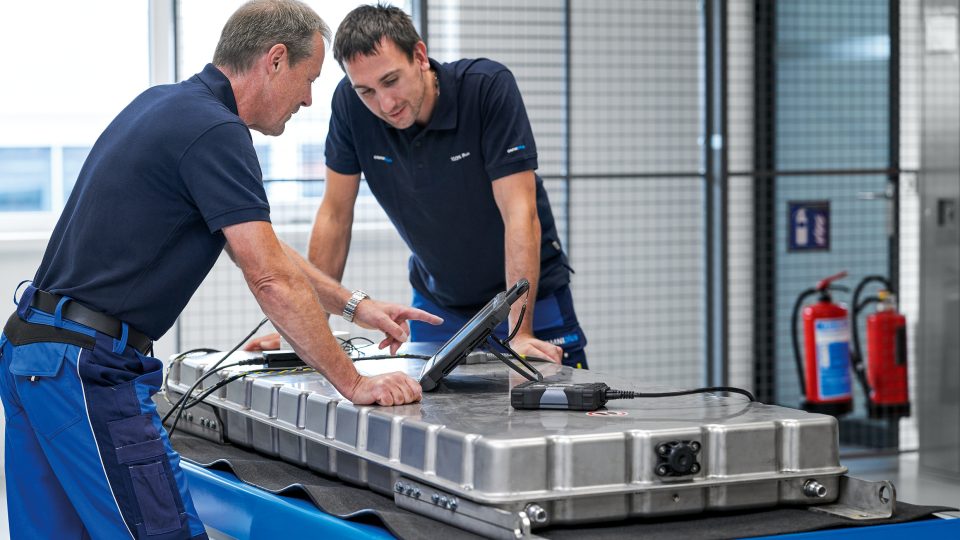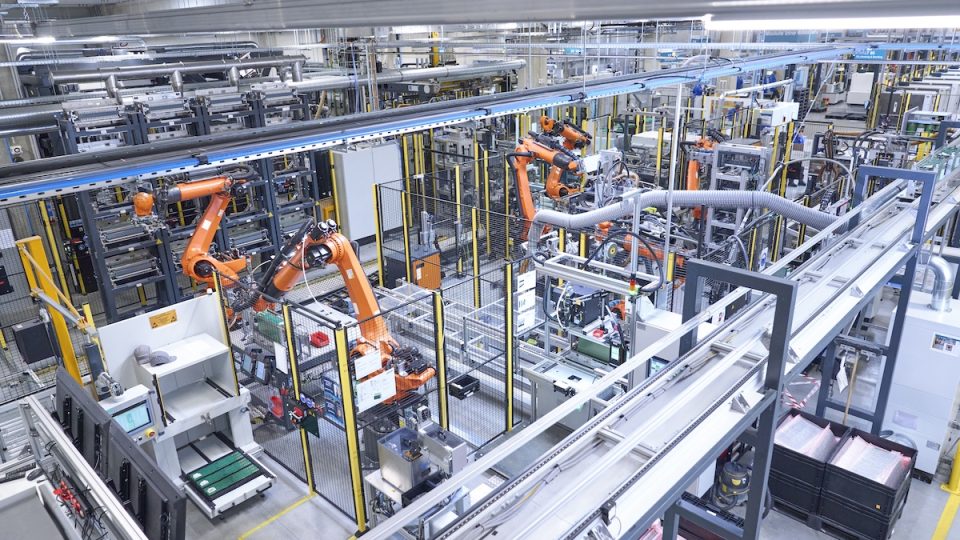Ekoenergetyka sets up technology Plug&Charge
Ekoenergetyka unveiled its groundbreaking “Plug&Charge” technology at this year’s Electric Mobility Congress. “Plug&Charge” technology eliminates the need for multiple apps, RFID cards or credit card payments, making EV charging as simple as plugging in and driving away. How does this work in practice? Accounting for charging an electric car can be much simpler than refueling. […]
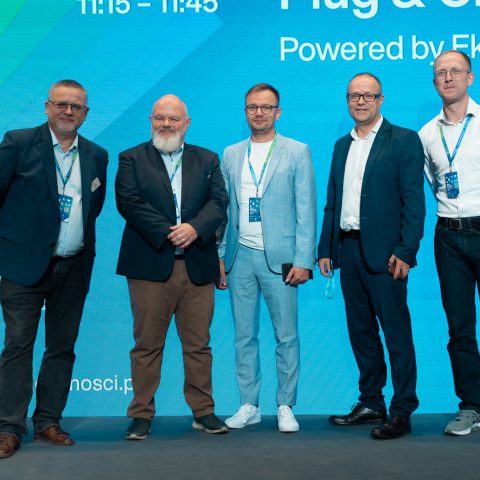
Ekoenergetyka unveiled its groundbreaking “Plug&Charge” technology at this year’s Electric Mobility Congress. “Plug&Charge” technology eliminates the need for multiple apps, RFID cards or credit card payments, making EV charging as simple as plugging in and driving away.
How does this work in practice?
Accounting for charging an electric car can be much simpler than refueling. After years of announcements, car manufacturers and charging station operators are implementing Plug&Charge technology. All charging will be initiated automatically, and billing will be added to the invoice at the charging service provider.
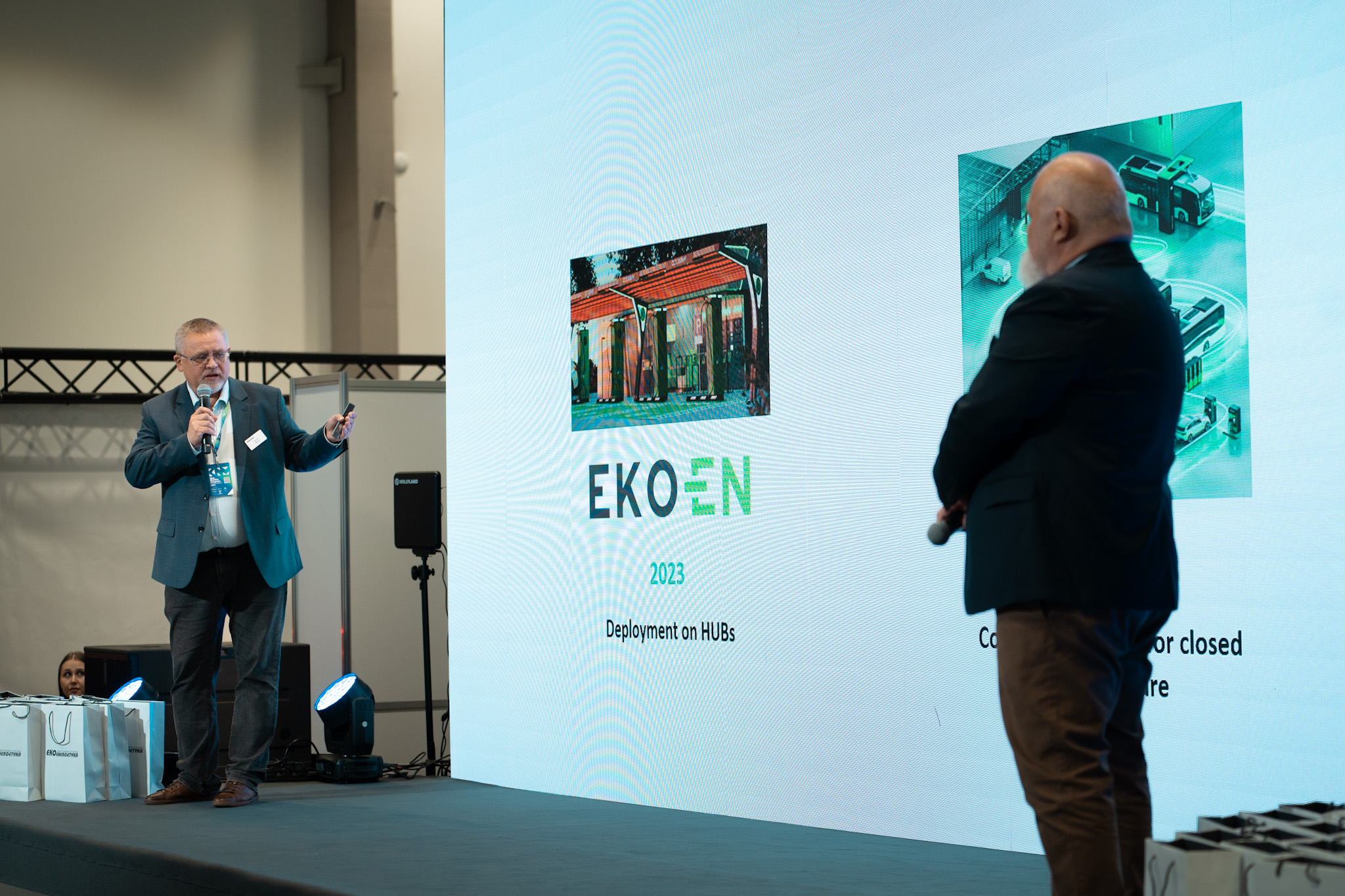
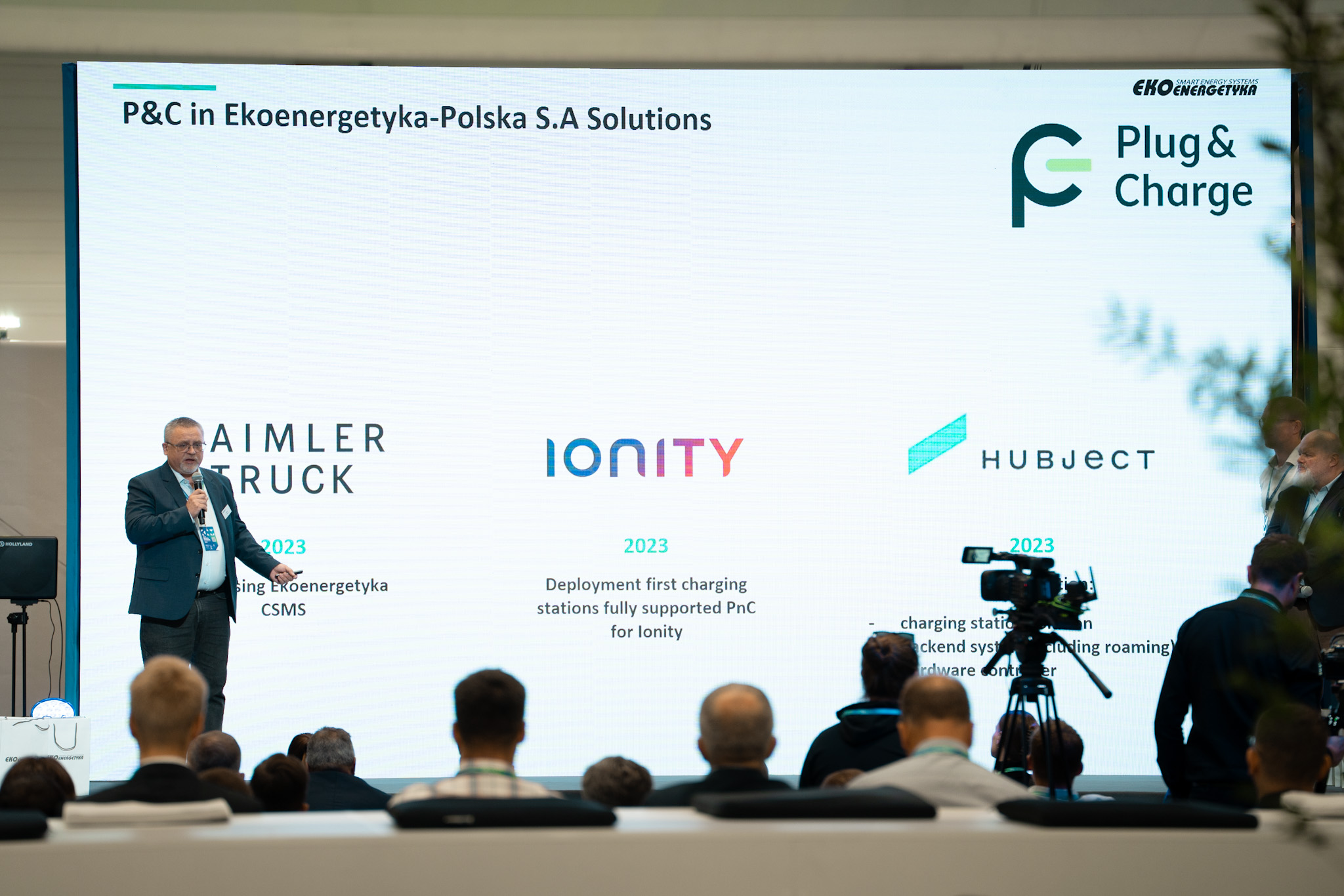
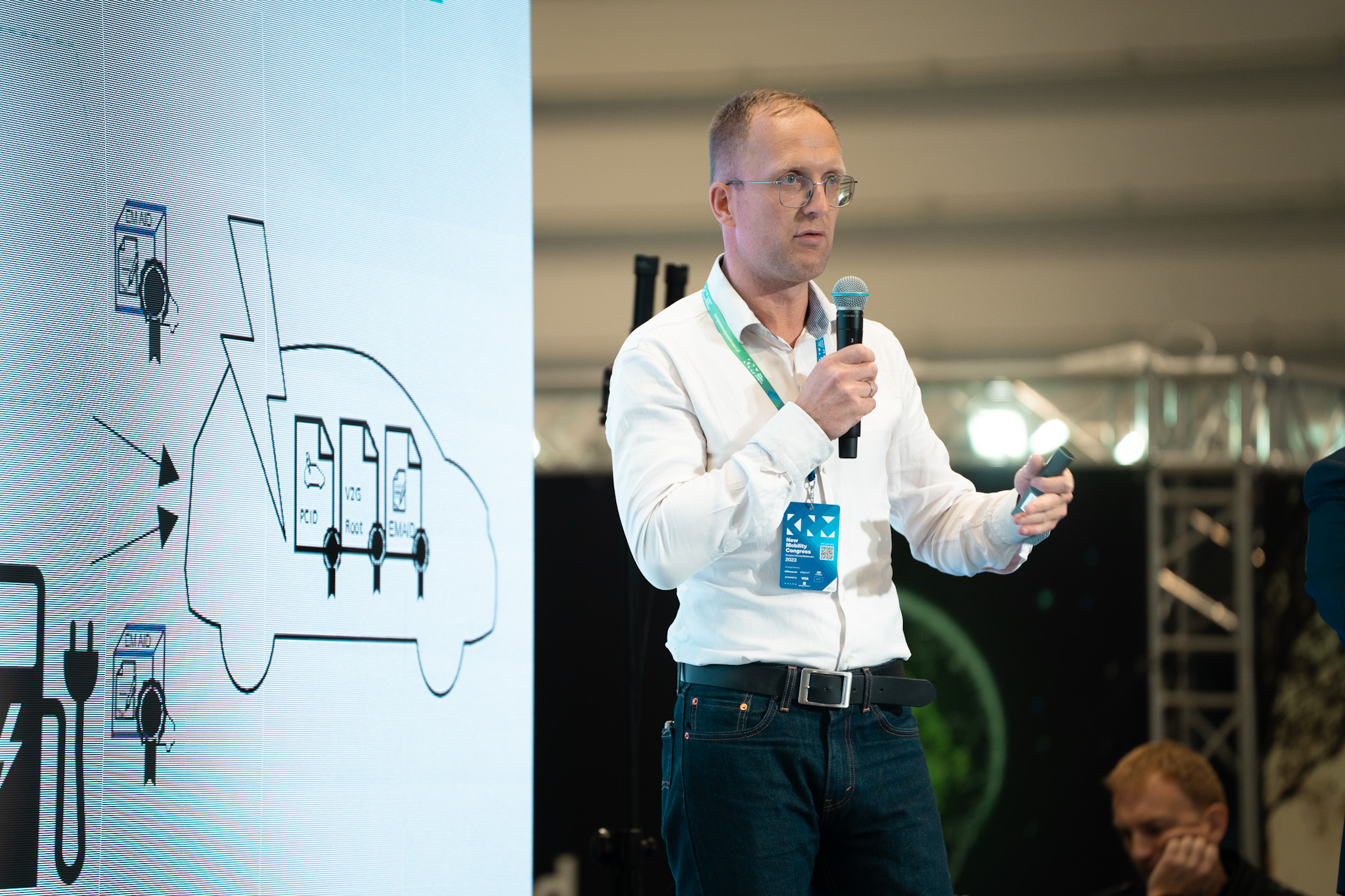
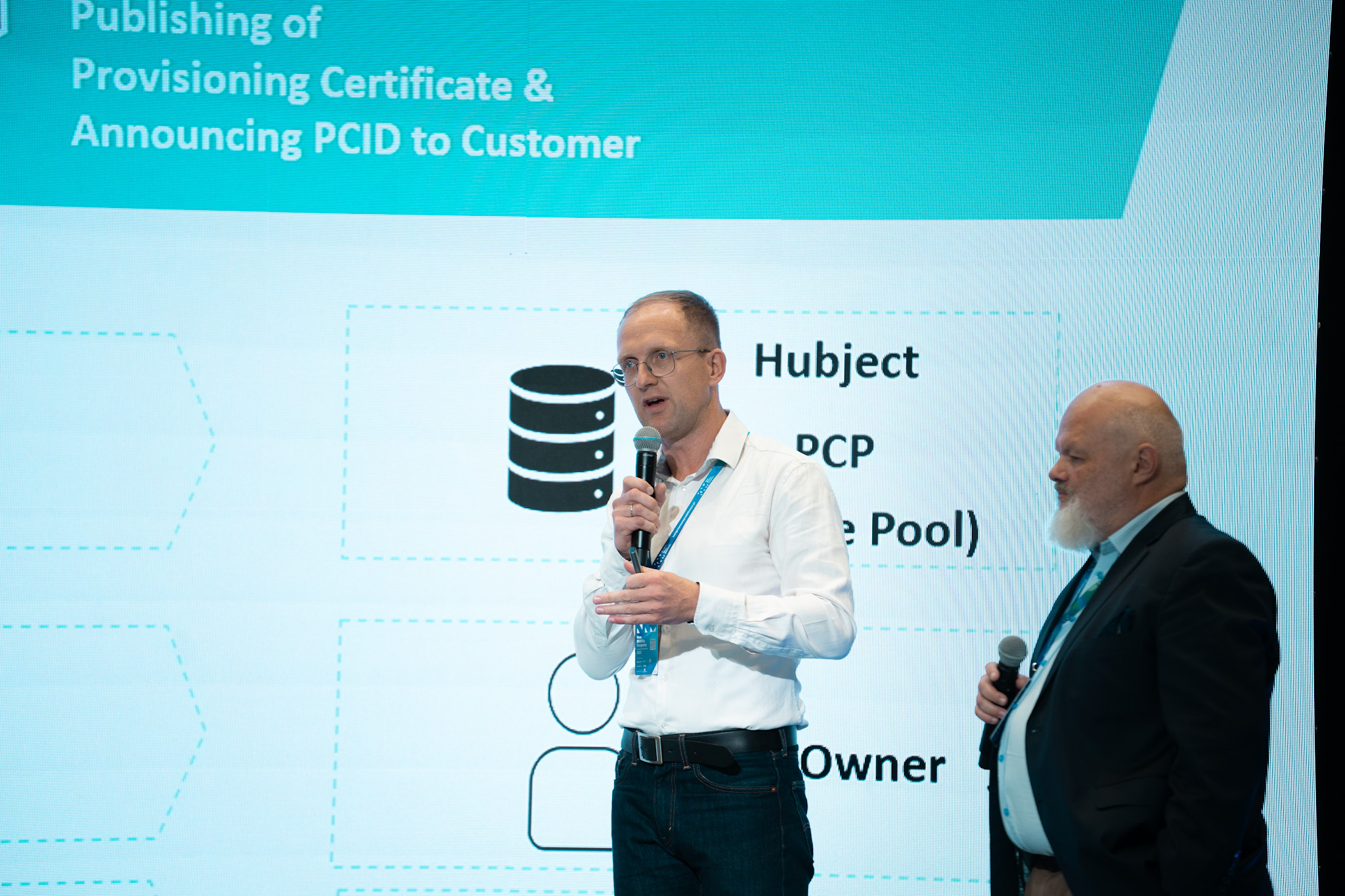
Michal Malecki, Director of the Software Development Office at Ekoenergetyka, pointed: «Plug&Charge is the kind of technology that resembles magic. The process is technologically quite complicated but hidden from the customer. Everything happens automatically, making the use of chargers extremely intuitive and simple».
In Poland, Plug&Charge will soon be available for use on Ekoen’s ultrafast hubs. This solution is also applicable to closed infrastructure such as bus depots. There are currently no such solutions behind depots, and in the future, as zero-emission fleets increase, it could revolutionize the approach to daily operations.
«Ekoen is the first Polish operator to enable plug-and-charging of electric vehicles at its multi-station ultra-fast charging hubs. By the end of this year, it plans to launch a total of 7 hubs with a total capacity of nearly 10 MW», adds Tomasz Siedlecki, Director of Ekoen.
«One of the key elements of the services Hubject offers is Plug&Charge. This means that each EV is assigned a unique certificate, which is used to ensure secure communication in the EV Ecosystem», explained Steffen Rhinow Director of Plug&Charge Hubject. Who added: «When a vehicle owner wants to charge their EV, they can use this certificate to identify themselves in the system and do a charging session. It’s worth noting that Hubject has also had a significant impact on the growth of EV acceptance in the market, contributing to the development of charging infrastructure and streamlining the process of EV use. In this way, the company has played an important role in accelerating the transition to more sustainable and environmentally friendly forms of transportation».



